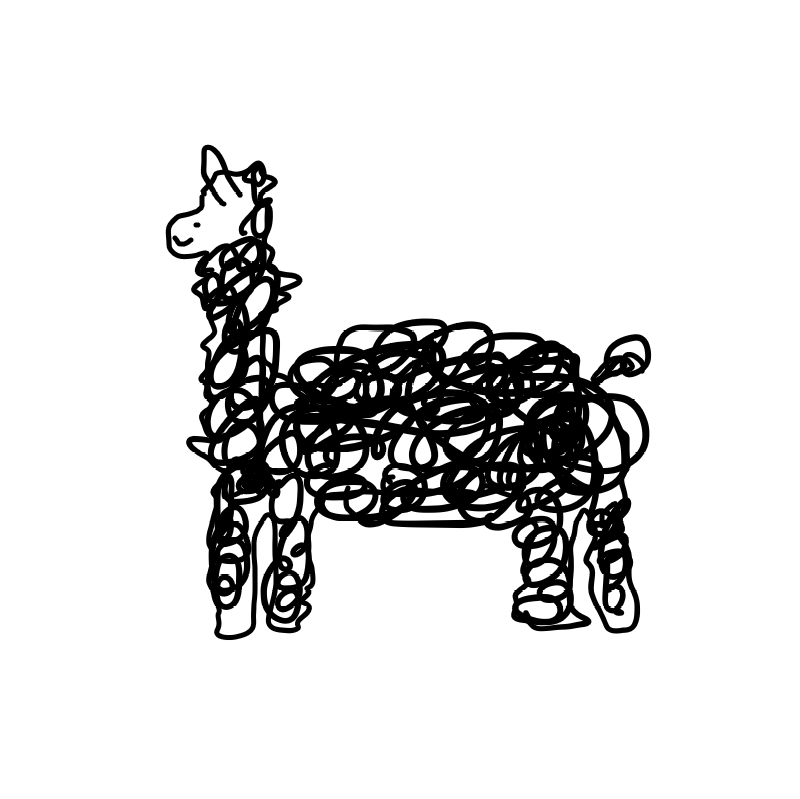208. Implement Trie (Prefix Tree) - python3
Implement a trie with insert, search, and startsWith methods.
My Answer 1: Accepted (Runtime: 652 ms - 5.02% / Memory Usage: 21.1 MB - 97.54%)
class Trie:
def __init__(self):
"""
Initialize your data structure here.
"""
self.trie = []
def insert(self, word: str) -> None:
"""
Inserts a word into the trie.
"""
self.trie.append(word)
def search(self, word: str) -> bool:
"""
Returns if the word is in the trie.
"""
if word in self.trie:
return True
else:
return False
def startsWith(self, prefix: str) -> bool:
"""
Returns if there is any word in the trie that starts with the given prefix.
"""
for i in self.trie:
if prefix in i and i.index(prefix) == 0:
return True
return False
# Your Trie object will be instantiated and called as such:
# obj = Trie()
# obj.insert(word)
# param_2 = obj.search(word)
# param_3 = obj.startsWith(prefix)아 쉽다쉬워했건만,,
그렇게 비효율적으로 보이지도 않는거 같은데 런타임이 상당히 느리다..
리스트 때문인듯?!
Dictionary
Solution 1: Runtime: 116 ms - 99.07% / Memory Usage: 27.9 MB - 77.14%
class Trie:
def __init__(self):
self.root = {}
self.ends_here = False
def insert(self, word: str) -> None:
node = self.root
for char in word:
if char not in node:
node[char] = {}
node = node[char]
node[self.ends_here] = True
def search(self, word: str) -> bool:
node = self.root
for char in word:
if char not in node:
return False
node = node[char]
return self.ends_here in node
def startsWith(self, prefix: str) -> bool:
node = self.root
for char in prefix:
if char not in node:
return False
node = node[char]
return True
# Your Trie object will be instantiated and called as such:
# obj = Trie()
# obj.insert(word)
# param_2 = obj.search(word)
# param_3 = obj.startsWith(prefix)딕셔너리를 이용한 방식
Solution 2: Runtime: 172 ms - 71.22% / Memory Usage: 31.7 MB - 41.68%
class TrieNode:
def __init__(self):
# Stores children nodes and whether node is the end of a word
self.children = {}
self.isEnd = False
class Trie:
def __init__(self):
self.root = TrieNode()
def insert(self, word: str) -> None:
cur = self.root
# Insert character by character into trie
for c in word:
# if character path does not exist, create it
if c not in cur.children:
cur.children[c] = TrieNode()
cur = cur.children[c]
cur.isEnd = True
def search(self, word: str) -> bool:
cur = self.root
# Search character by character in trie
for c in word:
# if character path does not exist, return False
if c not in cur.children:
return False
cur = cur.children[c]
return cur.isEnd
def startsWith(self, prefix: str) -> bool:
# Same as search, except there is no isEnd condition at final return
cur = self.root
for c in prefix:
if c not in cur.children:
return False
cur = cur.children[c]
return True
# Your Trie object will be instantiated and called as such:
# obj = Trie()
# obj.insert(word)
# param_2 = obj.search(word)
# param_3 = obj.startsWith(prefix)TrieNode 를 이용한 방식
Trie 공부하기~~!!
